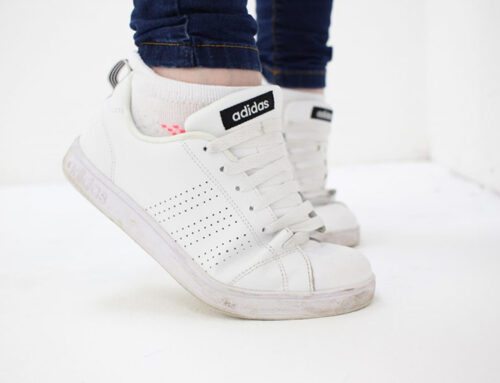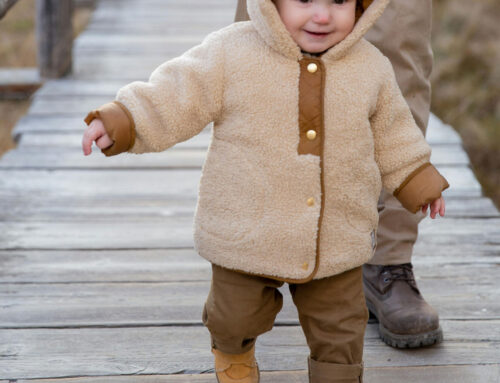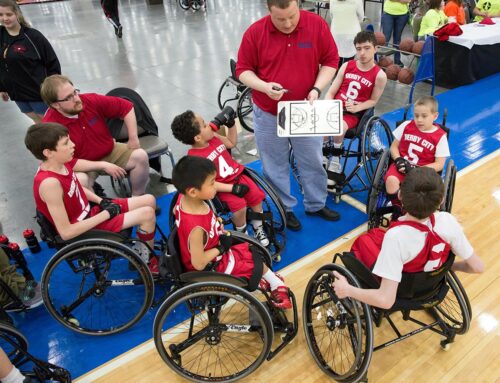Gross Motor Milestones
Developmental milestones are abilities that most children are able to perform by a certain age. More specifically, gross motor milestones are the positioning and movement abilities that children achieve as they progress from sitting up and looking around to running and jumping. Each child is unique, but most children will attain certain skills within a predictable range. When a child has not met a milestone within the predicted timeframe, it may have consequences for their development or indicate an underlying condition. A pediatric physical therapist can assess and create an exercise and positioning program to address these delayed milestones to help your child explore and play to their full potential. Physical therapists are doctorate level trained healthcare professionals, and can also provide a referral to the right medical provider if they believe the child’s movement delays are due to an undiagnosed medical condition.
From 0-12 months:
In an infant’s first year of life, each milestone is a progression from building stability in different positions (sitting, lying down, on tummy) toward independent mobility. Refer to the following to see if your child is meeting their gross motor milestones:
By 1-3 months, is your child:
- Spontaneously kicking?
- Lifting arms away from supporting surface?
- Bringing hands or feet to midline by the end of 3 months?
By 4-6 months, is your child:
- Keeping their head stable when carried (not bobbing)?
- Supporting themselves on elbows with lifting head while on belly?
- Rolling without arching body backwards?
- Using hands to explore legs while lying on back?
- Standing (while supported) without locking out legs?
By 7-9 months, is your child:
- Transitioning from lying on back?
- Rolling easily in both directions?
- Able to pivot on belly?
By 10-12 months, is your child:
- Getting in and out of sitting?
- Attempting to pull to stand?
- Crawling smoothly with legs moving reciprocally?
Potential implications if these milestones are not achieved include:
- Poor muscle development for locomotion
- Delayed ability to play independently
- Delayed sensory development due to decreased ability to explore the environment
- Delayed play skills
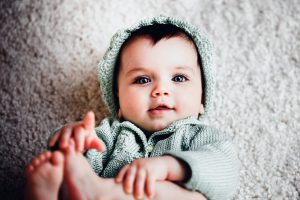



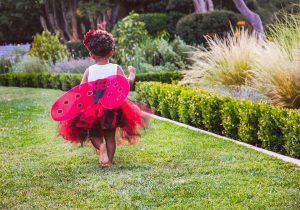
By age 2:
The next year of life, a child is beginning to develop more advanced modes of locomotion including climbing, running, and jumping. They are beginning to use their arms and legs in a coordinated mannter for activities that include kicking and throwing balls. Not only are these skills important for building strength, but they are crucial for play and socialization. Ask yourself:
Is your child:
- Running without falling frequently?
- Walking backward by himself?
- Jumping forward with both feet together?
- Jumping up so both feet clear the floor?
- Walking up/down the stairs without help?
- Kicking a ball in a relatively straight line?
- Holding hands out to try to catch a ball?
Potential implications if these milestones are not achieved include:
- Delayed play skills
- Difficulty interacting with the environment and play due to delayed ability to mobilize efficiently
- Poor muscle development for running and jumping
- Decreased ability to interact socially
By age 3:
By this age, children are becoming more proficient at activities that require balance and speed. Their sense of body awareness and movement planning skills improve. By age 3, parents should check:
Is your child:
- Imitating standing on one foot?
- Imitating simple bilateral movements of limbs (e.g. arms up together)?
- Climbing jungle gym and ladders?
- Pedaling a tricycle?
- Walking up/down stairs with alternating feet?
- Jumping forward and landing with two feet together?
- Able to walk on tip toes?
- Catching using their body?
Potential implications if these milestones are not achieved include:
- Decreased opportunities for social interaction
- Poor development of body awareness and movement planning skills
- Difficulties using playground equipment
- Difficulties or lack of confidence interacting with other children in active environments (e.g. play cafes, playgrounds)
This list was assembled to be used as a developmental screening tool. It is not meant to be used as an assessment or reflect standardized research. If you think your child would benefit from a physical therapy screening or evaluation, contact Eyas Landing at (312) 733-0883.
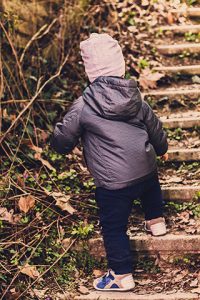
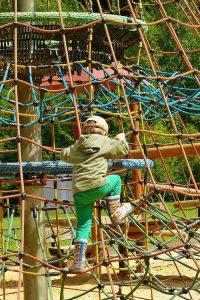
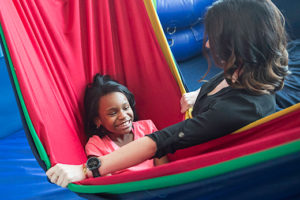
Eyas Landing is a therapy clinic with a mission to provide evidence-based and family-centered therapy services for children, adolescents, and their families. The primary goal is to deliver relationship-based interventions within the most natural environments and to empower families to reach their full potential. To achieve this goal, our highly educated, compassionate staff dedicates time and expertise to create experiences that maximize therapeutic outcomes. The strength, determination, and perseverance of our clients are evident as they succeed in therapy, and ultimately in their daily lives.
Eyas Landing offers a wide range of comprehensive services including Speech Therapy, Occupational Therapy, Physical Therapy, ABA Therapy, Social Work, Family Therapy, and Neuropsych testing. Services are provided throughout the Chicagoland area via Telehealth, In-Home, and in our state of the art clinic.
Want to learn more or you have a specific question? Feel free to connect with us here!

